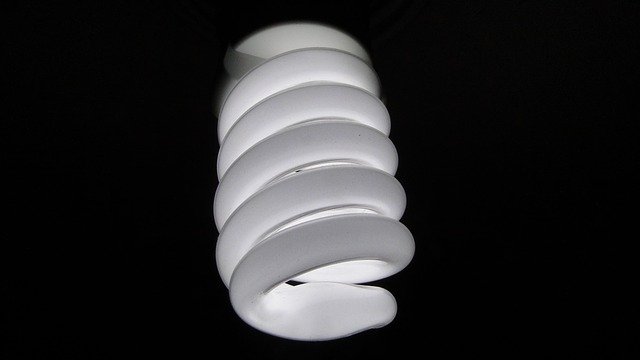Uniondale, NY - January 31, 2018 - Energy Efficiency improvements are saving PSEG Long Island customers millions of dollars each year. In 2017, residents and businesses across Long Island and the Rockaways that participated in PSEG Long Island’s energy efficiency programs saved more than 280,000 megawatt-hours (MWh) of electricity, equivalent to more than $46 million per year in bill savings. Along with providing customers significant savings every month, the amount of energy saved is also good for the environment, equal to taking approximately 45,000 cars off the road.
“The goal of PSEG Long Island Energy Efficiency programs is to produce energy and capacity savings that benefit customers, the grid, and the community as a whole,” said Michael Voltz, director of energy efficiency and renewables. “The incentives and information support our customers’ interest in energy efficiency and help them lower the cost of purchasing energy-efficient appliances and devices. It is encouraging to see our customers participating in and benefitting from the programs.”
Since PSEG Long Island’s start in January 2014, residential customers have purchased more than 13 million ENERGY STAR® light bulbs and fixtures with incentives provided by PSEG Long Island, including more than 4.3 million in 2017 alone. LEDs use 90 percent less energy than traditional incandescent bulbs and last at least 15 times longer. More than 150 retailers on Long Island currently provide in-store rebates through PSEG Long Island.
Changing out lightbulbs is just one of the many steps Long Islanders took to become more efficient in 2017. Other accomplishments include:
- Purchasing and receiving rebates for more than 9,000 energy-efficient washing machines and dryers.
- Recycling just less than 3,800 old, inefficient refrigerators.
- Conducting more than 5,000 Home Performance energy assessments and more than 1,900 home inspections as part of our Residential Energy Affordability Partnership.
- More than 4,400 local businesses received approximately $28 million in rebates by participating in PSEG Long Island’s commercial efficiency program.
PSEG Long Island’s Smart Savers thermostat program has more than 6,500 residential customers enrolled to date. The focus of the Smart Savers program is to help customers save money by reducing energy usage during periods of high demand. Customers that enroll in Smart Savers can receive $85 toward a smart thermostat. To learn more on the program visit https://www.psegliny.com/page.cfm/Efficiency/Programs/SmartSavers.
Independent annual evaluations by Opinion Dynamics Corporation have found PSEG Long Island’s Energy Efficiency and Renewable Energy Programs to generate energy savings that are cost-effective. In their evaluation for 2016, Opinion Dynamics found that the PSEG Long Island Energy Efficiency Program has a benefit/cost ratio of 3.1, which means that the program generated $3.10 in benefits to the utility and its customers for every $1.00 in costs to operate the program, including rebates.
PSEG Long Island is proud to offer a host of energy efficiency programs to help its customers become more energy efficient. These range from discounts on LED light bulbs, to rebates on more-efficient large appliances, to free home energy assessments that give customized recommendations on how to save energy in each home. For more information on PSEG Long Island’s available rebates and incentives, as well as energy saving tips, please visit https://www.psegliny.com/savemoney.
PSEG Long Island operates the Long Island Power Authority’s transmission and distribution system under a 12-year contract. PSEG Long Island is a subsidiary of Public Service Enterprise Group Incorporated (NYSE:PEG), a publicly traded diversified energy company with annual revenues of $9.1 billion.










